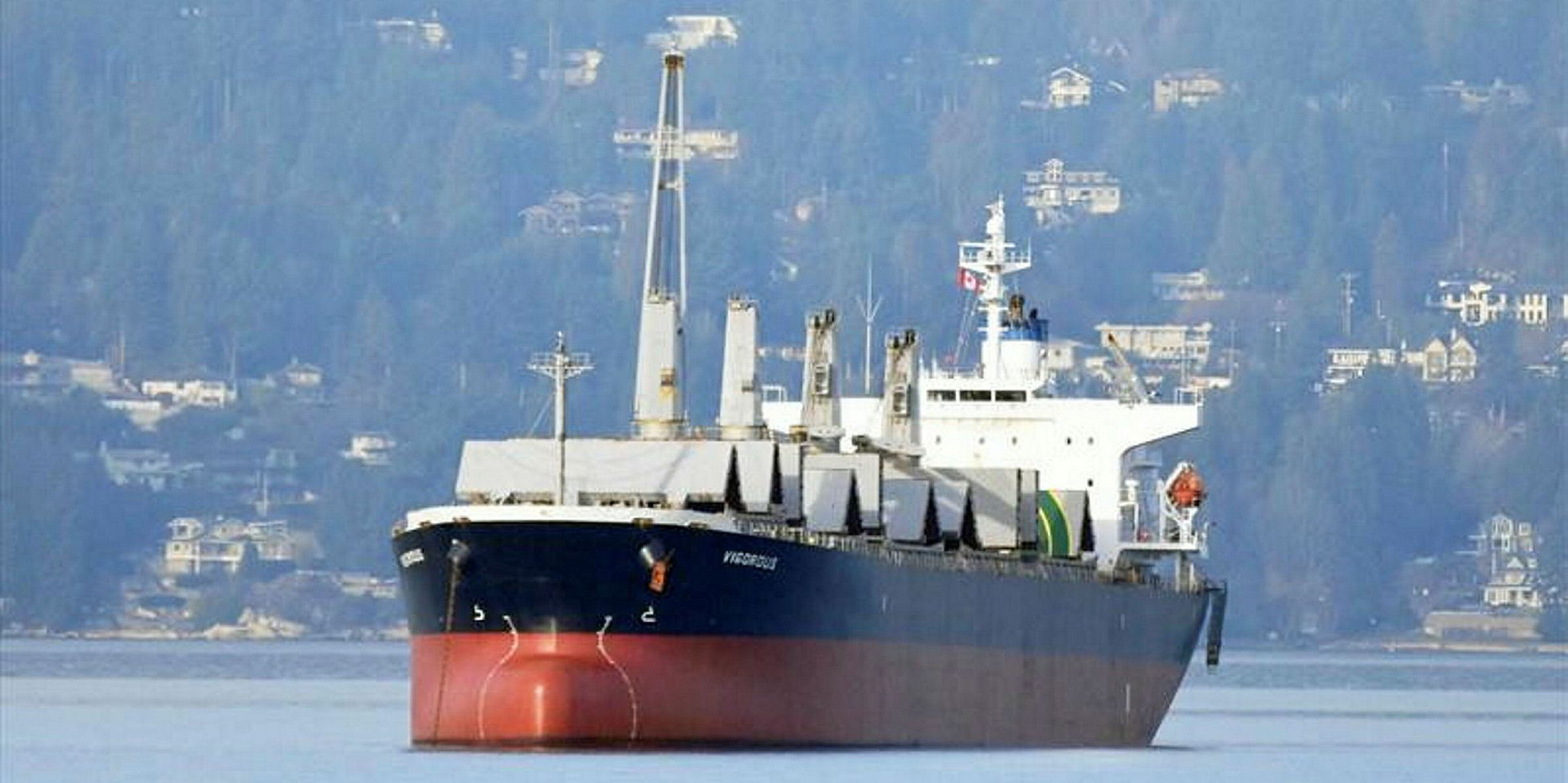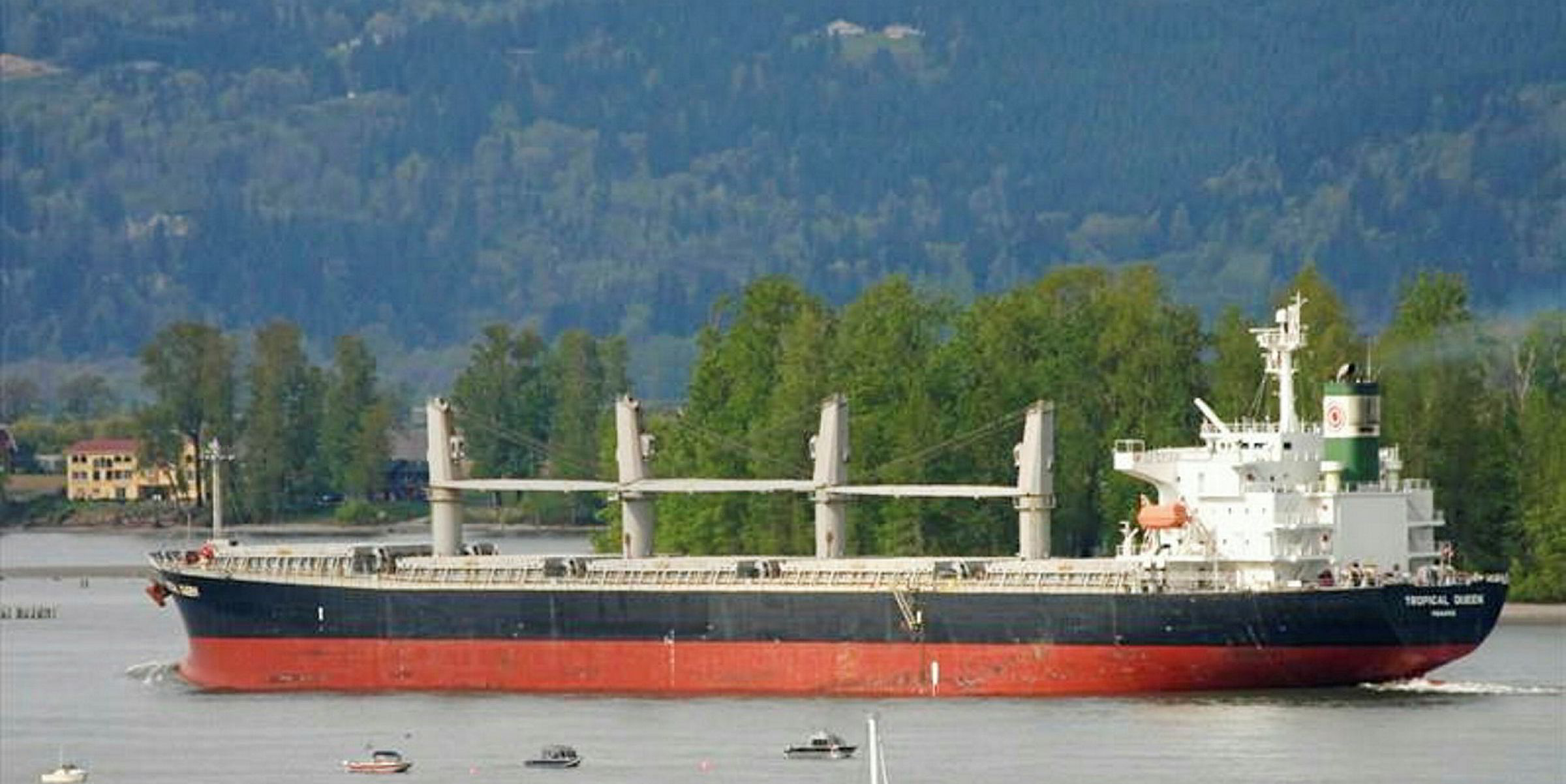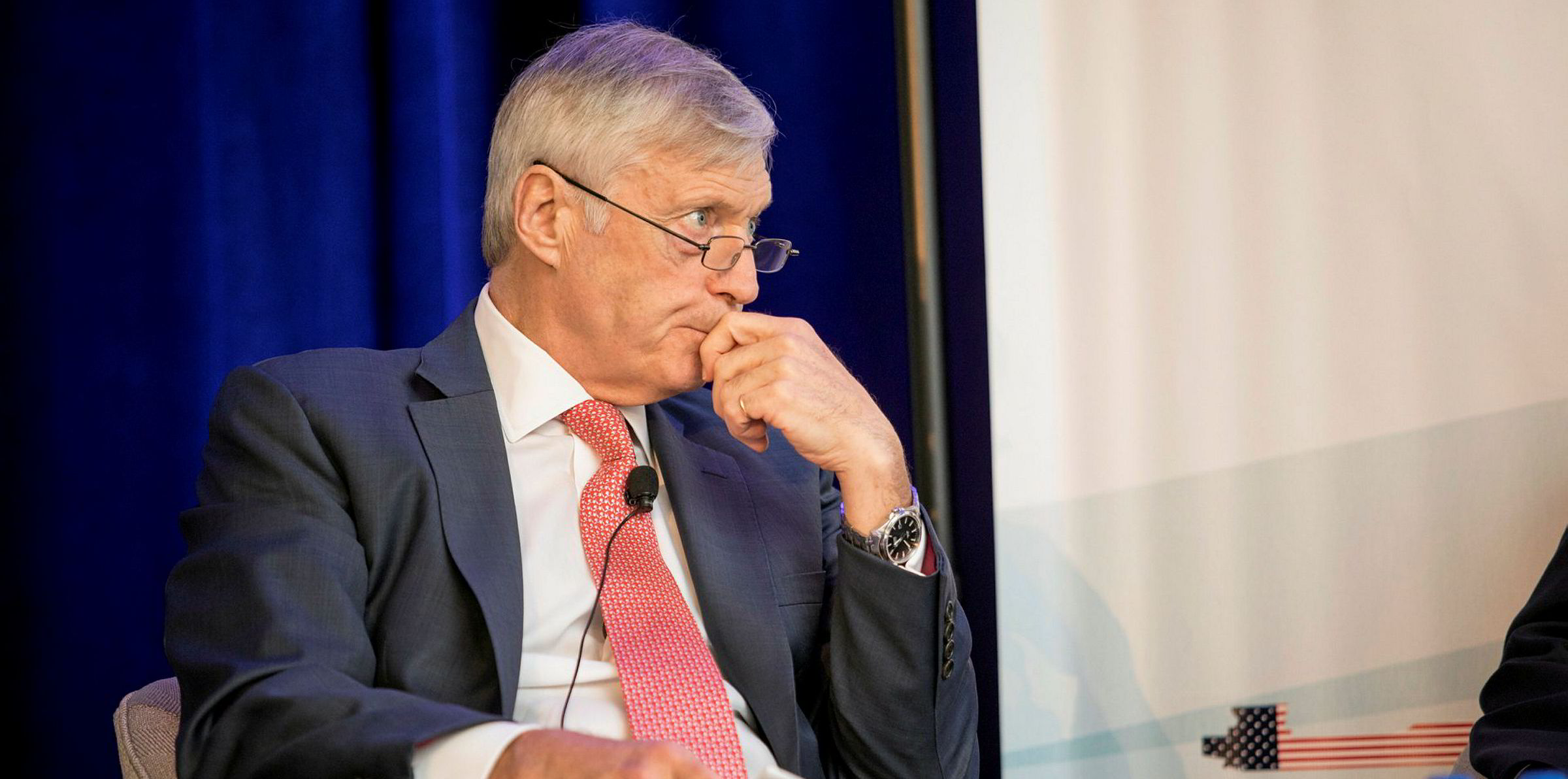The seized Gourdomichalis brothers' ship at the center of a worldwide legal controversy will, for the time being, stay docked on the Columbia River.
At a hearing Wednesday in Portland, Oregon federal court, Vigorous Shipping and Trading had its motion to vacate the 52,500-dwt Vigorous' (built 2005) attachment denied by Judge Michael Mosman.
Attorneys for the company did not return a request for comment Thursday afternoon.
The Vigorous was seized after Pacific Gulf Shipping Company filed suit against an assortment of companies connected to George and Stathis Gourdomichalis in early December.
The Danish company was attempting to collect on a $22.6m arbitration award won in London after the brothers abandoned a ship in Brazil in 2015. It sought to prove the companies were legal alter egos of one another, completely dominated by the brothers.
Vigorous Shipping and Trading, the Vigorous' registration company, argued all Pacific Gulf's complaint did was describe an average shipping company.
Still, the judge approved limited discovery to allow Pacific Gulf to substantiate its claims in late December. Pacific Gulf filed an amended complaint, withheld by protective order, last week.
Meanwhile, Yemeni Al-Saeed Trading Company and Emirati Midstar have pushed to find a way to free the cargo — more than 51 million metric tonnes of wheat — so it can be delivered to Yemen to feed its starving citizens amidst an ongoing civil war.
In another related suit, Medmar, a Greek shipbroker, sued Singaporean Anglo Eastern Navigation and Midstar on breach of contract allegations.
Medmar says the companies owe it $3.4m and have moved to seize the cargo. No order has been issued in that case.
In addition to maintaining the Vigorous' continued attachment, Pacific Gulf also was granted the ability to subpoena documents from the American Club at the hearing.
The protection and indemnity club insured both the Vigorous, and the abandoned ship, the now-scrapped 73,500-dwt Adamastos (built 1995). Pacific Gulf wanted it to turn over documents related to the insurance arrangements.
The American Club argued it was overbroad, contained irrelevant information and that Pacific Gulf did not have the authorization to subpoena the documents.
The court agreed Pacific Gulf was not authorised at that time.





